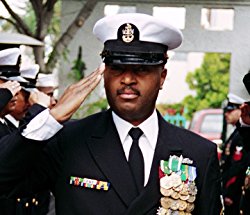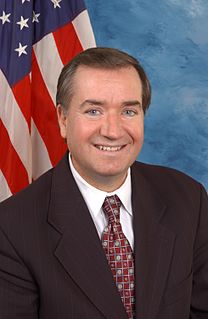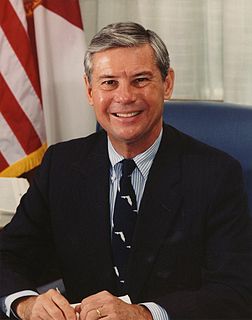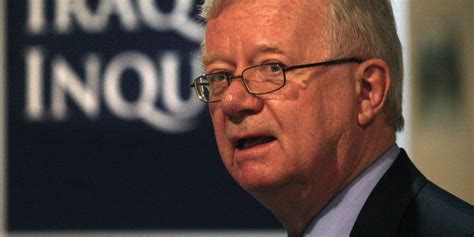A Quote by Robin Cook
There were no international terrorists in Iraq until we went in. It was we who gave the perfect conditions in which Al Qaeda could thrive.
Quote Topics
Related Quotes
Certainly there’s a connection between Iraq and Al Qaeda. It doesn’t surprise me at all that they would be talking to Al Qaeda, that there would be some Al Qaeda there or that Saddam Hussein might even be, you know, discussing gee, I wonder since I don’t have any scuds and since the Americans are coming at me, I wonder if I could take advantage of Al Qaeda? How would I do it? Is it worth the risk? What could they do for me?
In terms of Iraq, al Qaeda valued Iraq because we destroyed a government it wanted destroyed and because we put soldiers on the ground and forces that they could attack. Al Qaeda is basically an insurgent organization that was formed on the model of the Afghan groups. And being bred in that war, they value a contiguous safe haven as much as anything else.
The Afghan - obviously the parties will decide which course of action. The most important there, get a government that is seen as legitimate to the people and has the credibility to be a partner in the effort to secure Afghanistan so it's not a haven for al Qaeda or other type of terrorists or international terrorist organizations.
































